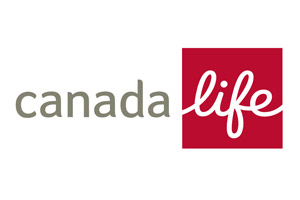'Later Life Lending' (Equity Release) Mortgages
The cost of living has been rising since early 2021 with inflation reaching its highest recorded level in decades.
Consumer prices, inflation and energy prices continue to rise with the regulator Ofgem announcing an increase of 54% on the price cap for energy, with effect from April 2022. The energy price cap is expected to increase again in October 2022.
Equity Release is a viable solution for clients who would like to raise extra cash in retirement. If you want to make home improvements, pay for the costs of care, help a loved one who is struggling financially, or pay off other debt, Equity Release should be considered.
But in the context of the current economic climate, it could be utilised to shore up your income to combat the rising cost of living both now and throughout the remainder of your retirement. Many clients over the age of 55 find themselves ‘asset rich and cash poor’ with their pensions real value deteriorating against the rising cost of living.
How we can help you
- No Negative Equity Guarantee
- No monthly payments, or optional payments
- No need to move home
- Choose from a lump sum, or supplement your income.
- Available from the age of 55 years and upwards
- Protect some equity for inheritance
- We only recommend lenders that are members of the
Equity Release Council (formally SHIP) - Home Reversion and Lifetime Mortgage Schemes available
If you are interested in Equity Release, please contact us on 0800 520 0108 or complete the small form below.
Our Introduction
Our Equity Release Lenders
We work with the UK’s leading lenders, some of which don’t offer their services directly to customers, only to brokers.

























